Romance, trickery and lies took center stage as the Shakespeare Club brought to life the comedic and twisted story of “All’s Well That Ends Well” Dec. 8 to 10.
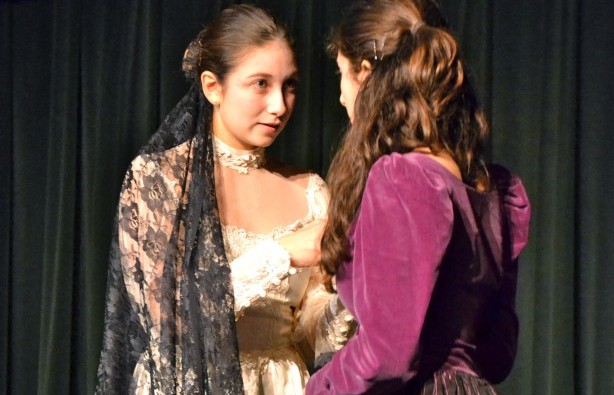
Shakespeare’s play blends tragedy and comedy in the tale of orphan Helena’s attempts to woo the love of her life, Bertram, the son of the Countess. The Shakespeare Club effectively portrayed each character, developed the story and entertained the crowd, with plot twists and humor conveyed despite the challenges of iambic pentameter.
While “All’s Well That Ends Well” is one of Shakespeare’s least performed plays, this dark horse of Shakespearean literature isn’t lacking in content. The intricate characters and plot are common among Shakespeare’s plays, but its offbeat story line and debatable ending contribute to the play’s entertainment.
“My favorite thing about this play is that it’s Shakespeare’s only comedy that people really don’t know how to react to,” assistant director junior Hanna Bouten said. “It’s not exactly funny in the end, so you have to either find things in it that you find amusing, or leave feeling very confused.”
Director and senior Katie Myers chose to perform the often-overlooked play because of its dynamic plot.
“It’s cynical, with kind of dislikeable characters, and it can’t seem to decide if it’s a comedy or not,” she said. “It tries to be a fairy tale, teeters on the brink of psychological realism and then dives into straight-up uncomfortableness. I thought it’d be a fun challenge. I also was sick of other directors passing over the inherent discomfort in the show. I wanted to embrace it.”
To dodge some of the uncomfortable content, performers and directors often alter the play to have a more pleasing ending. But the Shakespeare Club performed the show in its entirety.
Myers did change one aspect of the play: the role of the king was changed to a queen. Though the plot wasn’t altered, Myers chose to favor enchantment over historical accuracy by including a fairytale spin.
Leaving the play as close to the original as possible was an obligation that Myers wanted to fulfill.
“It was not written to be read; it was written to come alive on a stage,” Myers said. “And if you love the play enough, you almost feel obligated to do that. After all, we’re making a man’s ideas come alive here; we’re making fiction breathe. How cool is that?”




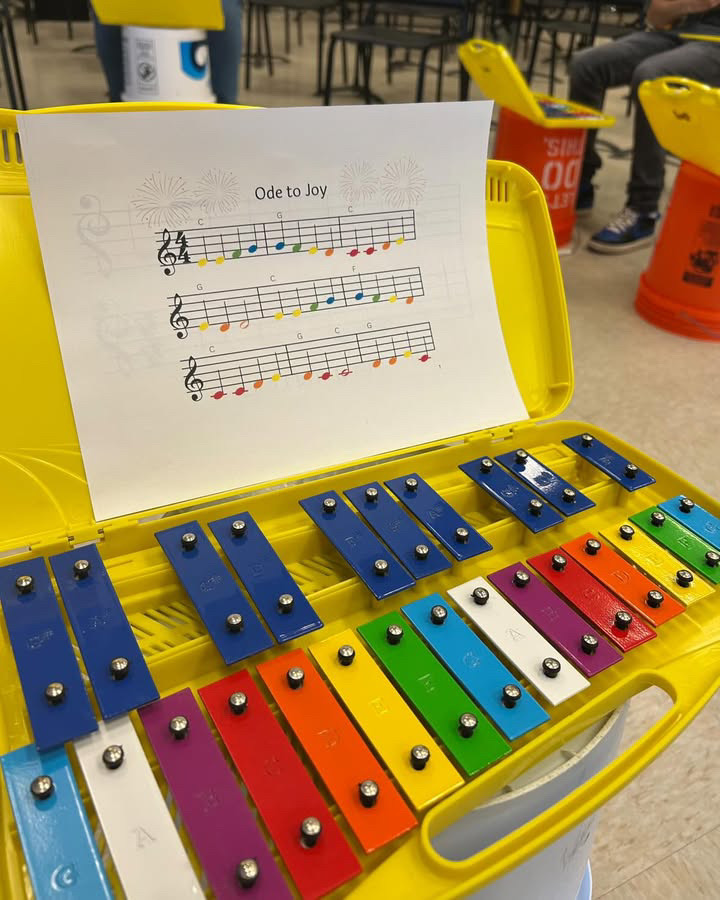
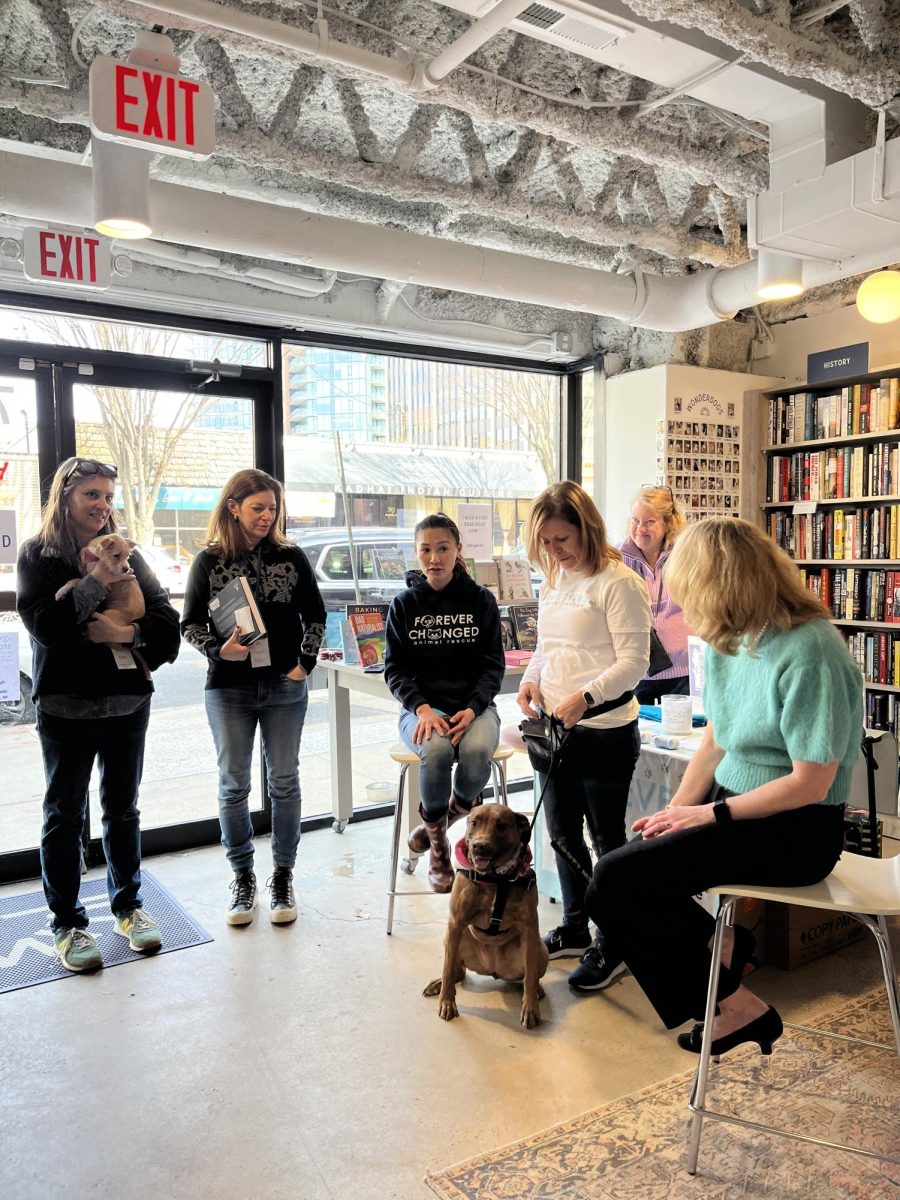
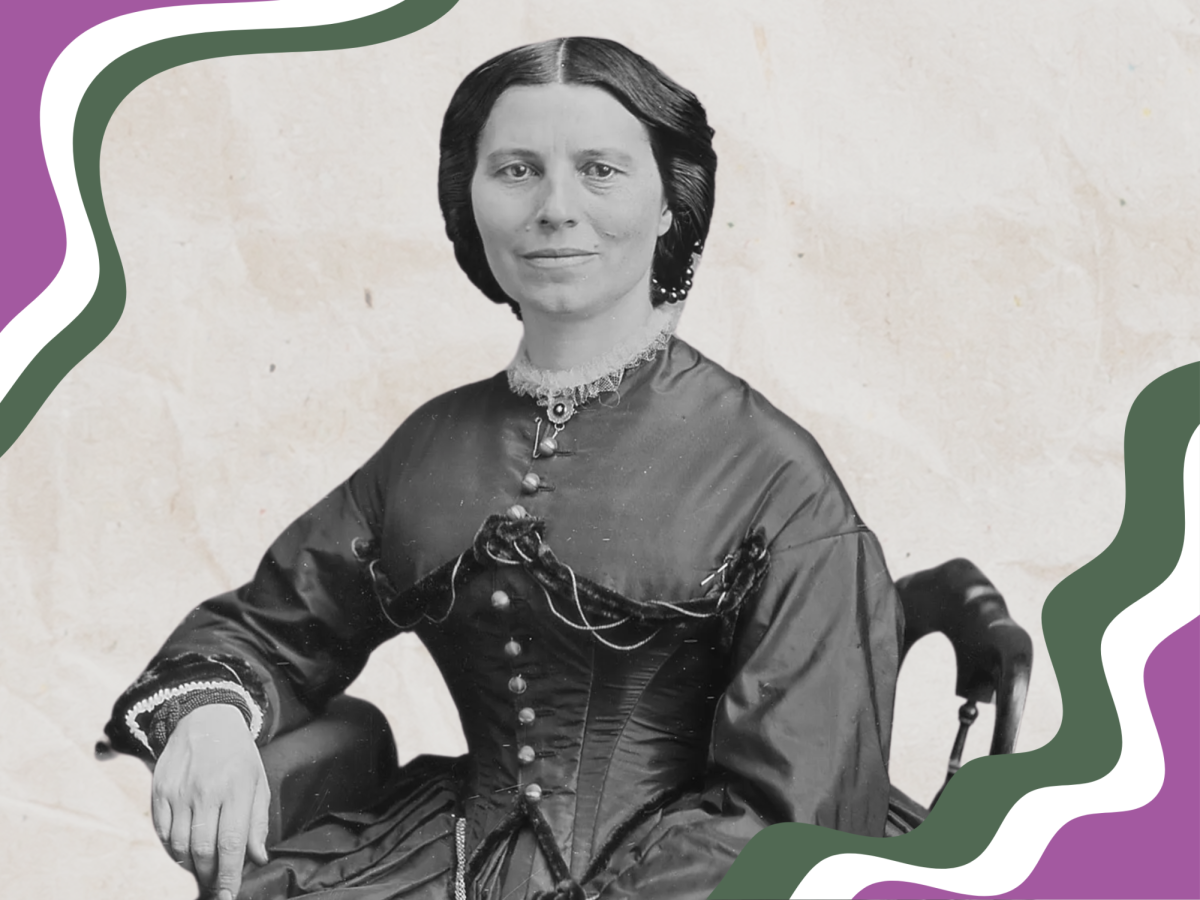

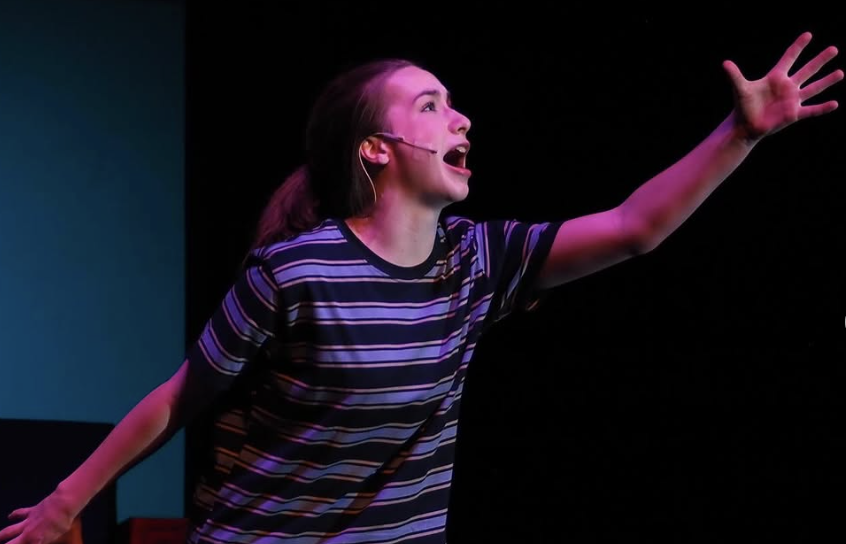

Myers • Dec 13, 2011 at 7:11 pm
ba dum chhhhh
But thanks, it did.
Dyaln Ritzer • Dec 13, 2011 at 8:16 am
I HOPE EVERYTHING ENDED WELL!!